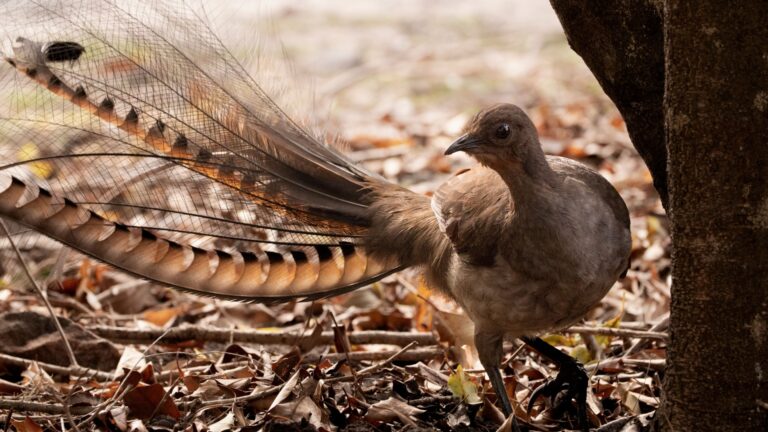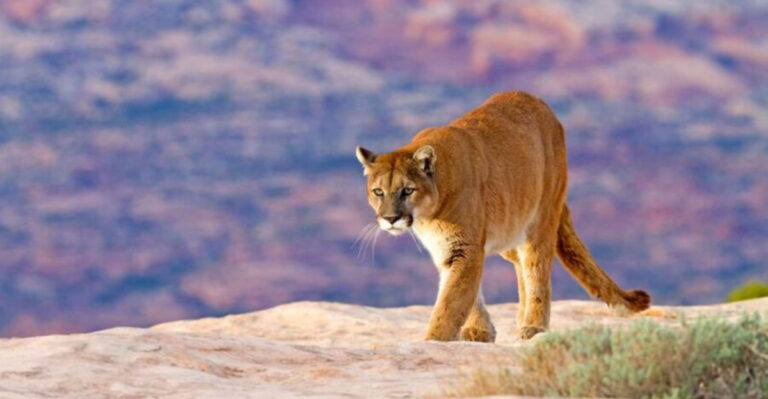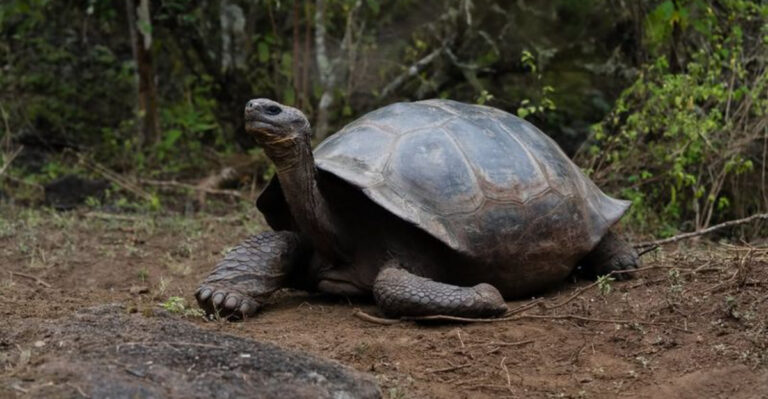13 Farm Animals That Are Treated Like Family In Rural Traditions
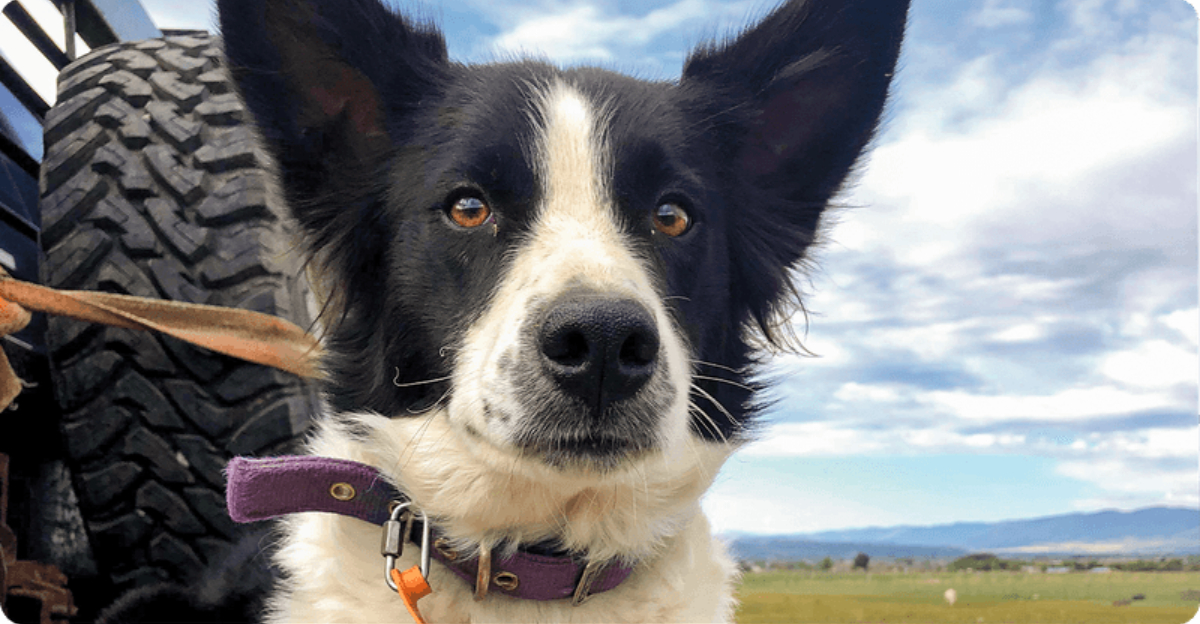
Throughout rural communities worldwide, certain farm animals transcend their utilitarian roles to become beloved family members.
These special creatures aren’t just livestock but companions who share daily life with their human families. The bond between farmers and these animals reveals a heartwarming side of agricultural life where emotional connections flourish alongside practical partnerships.
1. Draft Horses: Gentle Giants With Human-Like Bonds
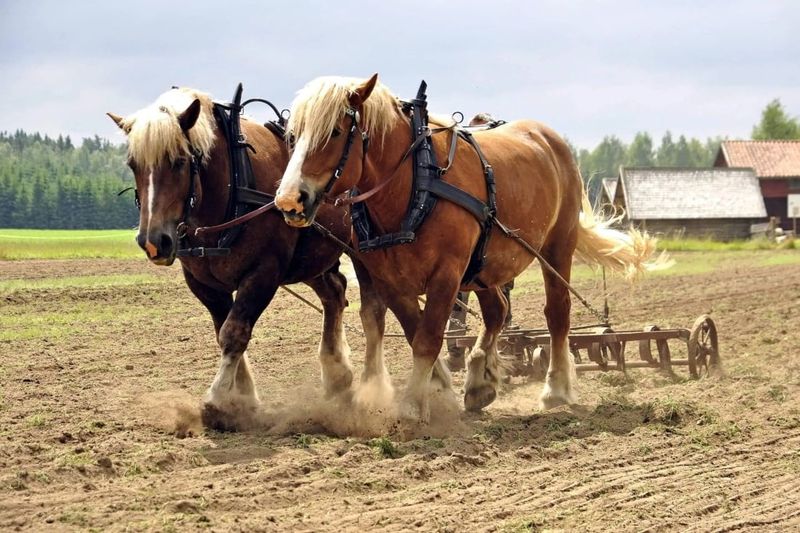
Farm families develop extraordinarily deep connections with their draft horses, often keeping them long after their working days are done. Children learn to ride on these patient giants, while adults trust them with the family’s livelihood.
Many rural traditions include naming ceremonies for new foals and celebrating horse birthdays. The relationship spans decades, with some horses serving three generations of a family, creating an unbreakable bond of mutual respect and affection.
2. Barn Cats: Silent Guardians Of The Grain
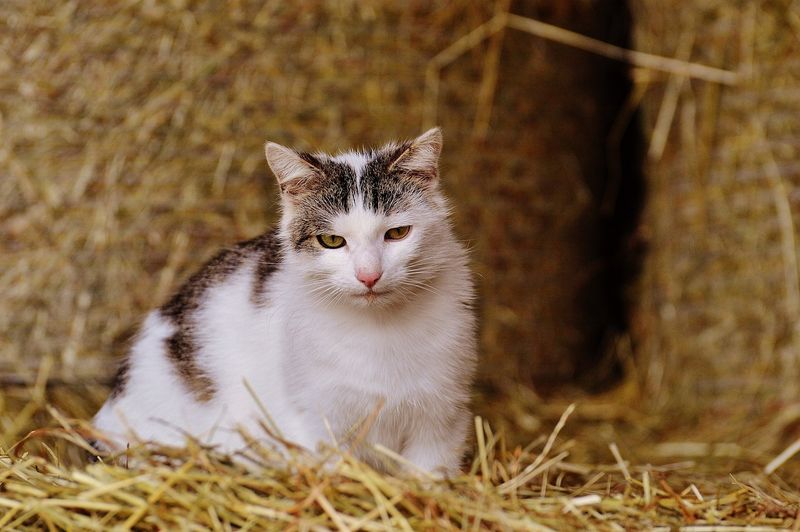
Unlike their city cousins, farm cats earn their keep by controlling rodent populations. Yet their practical role doesn’t diminish their status as cherished family members.
Farm kids often name each cat and know their unique personalities. During harsh winters, these supposedly outdoor cats mysteriously find their way into warm kitchen corners. Many rural families tell stories of barn cats who’ve saved harvests by protecting grain stores for generations.
3. Heritage Chickens: Named Personalities With Feathers
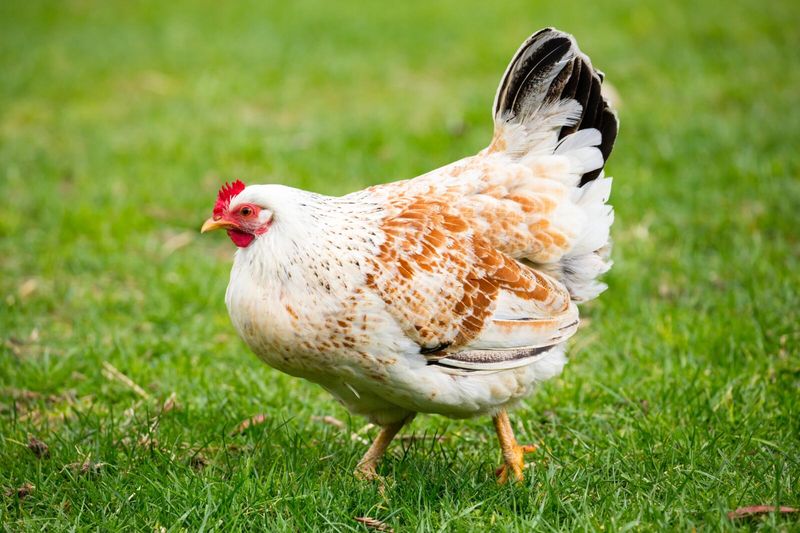
Across farmsteads, certain chickens rise from the flock to become distinctive characters. These special birds often receive names and special treatment based on their unique personalities or markings.
Children frequently adopt favorites who eat from their hands and follow them around the yard. Some rural families have traditions of bringing an elderly or special chicken inside during extreme weather. The death of a beloved chicken is often marked with a proper burial and handmade marker.
4. Milk Cows: The Matriarchs Of Family Farms
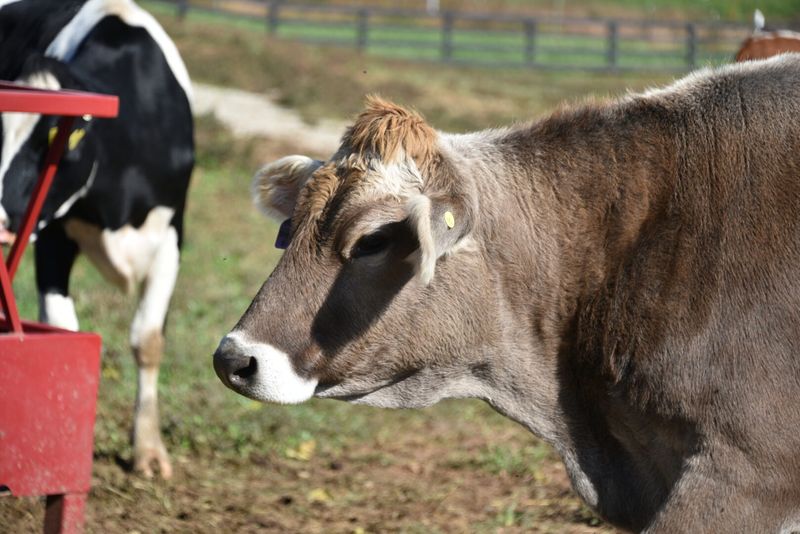
A family milk cow often holds an honored position in rural households, providing nourishment and stability. Children grow up alongside these gentle creatures, learning responsibility while developing deep attachments.
Many farming families refer to their milk cows by name in daily conversation as if discussing another family member. Some traditional farms maintain photo albums documenting beloved cows across generations. The relationship becomes so close that farmers can identify their cows’ moods just by the sound of their moos.
5. Goats: The Comedians Of The Barnyard Family
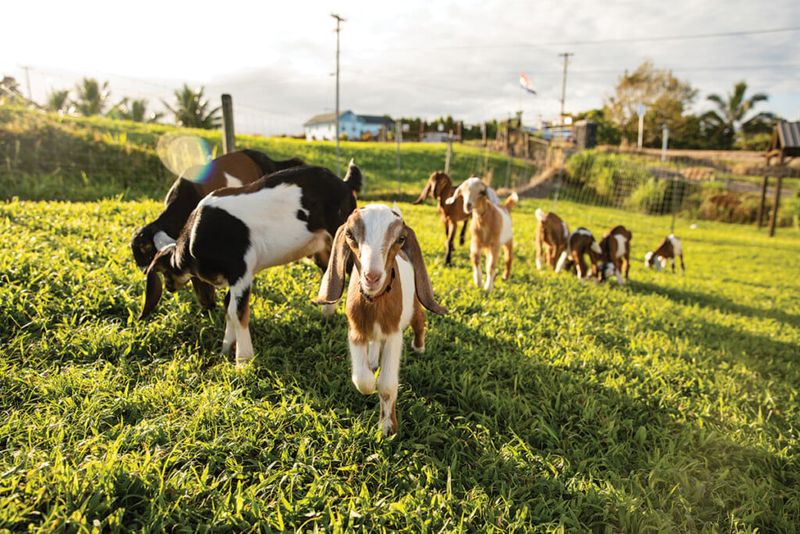
Goats bring laughter and mischief to farm families with their playful antics and surprising intelligence. Rural children often develop special friendships with kid goats, growing up together and creating lasting bonds.
Many farming households include stories of goats who’ve learned to open doors or recognize family vehicles.
Some traditional farms celebrate “goat birthdays” complete with special treats. Their curious nature and expressive faces make them natural candidates for family-member status beyond their practical contributions.
6. Donkeys: Loyal Protectors With Long Memories
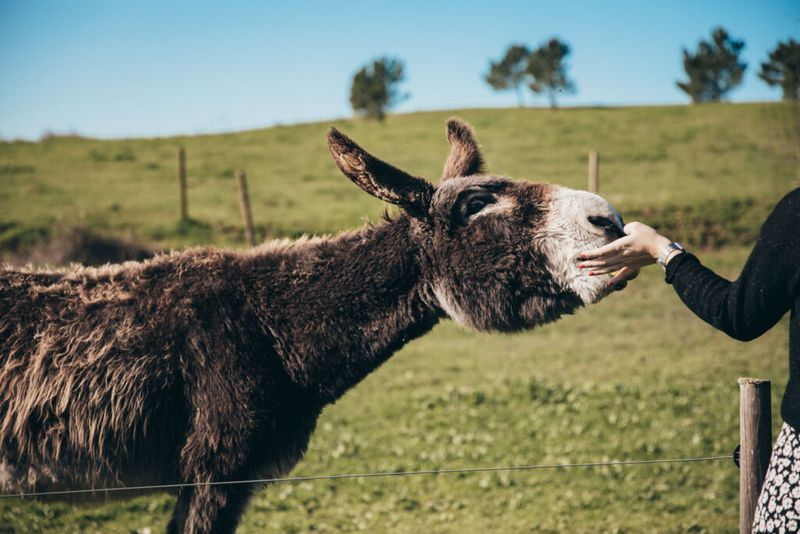
Farm families treasure donkeys for their fierce loyalty and protective instincts. Unlike horses, donkeys form lifetime bonds with their human families, recognizing individuals even after years of separation.
Rural traditions often include passing down donkeys through generations, with grandparents introducing grandchildren to the same faithful companion they grew up with.
Their remarkable memory means they never forget a kindness or slight. Many farming families tell stories of donkeys who’ve protected children or alerted humans to dangers.
7. Pigs: Surprisingly Sophisticated Companions
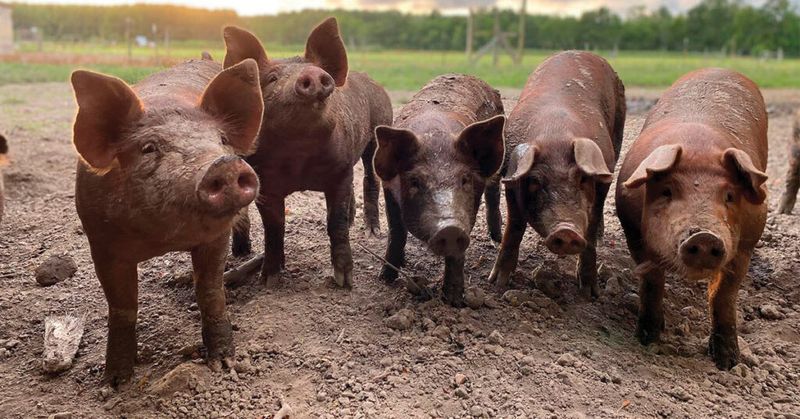
Beyond their reputation as livestock, certain pigs become cherished family members on traditional farms. Their intelligence rivals that of dogs, allowing them to learn routines, recognize family members, and even respond to their names.
Farm children often develop special relationships with piglets raised by hand. Some rural families share stories of pigs who’ve lived in the house during harsh weather. Their surprising cleanliness and emotional intelligence make them natural candidates for elevated status beyond typical farm animals.
8. Border Collies: The Farm’s Faithful Managers
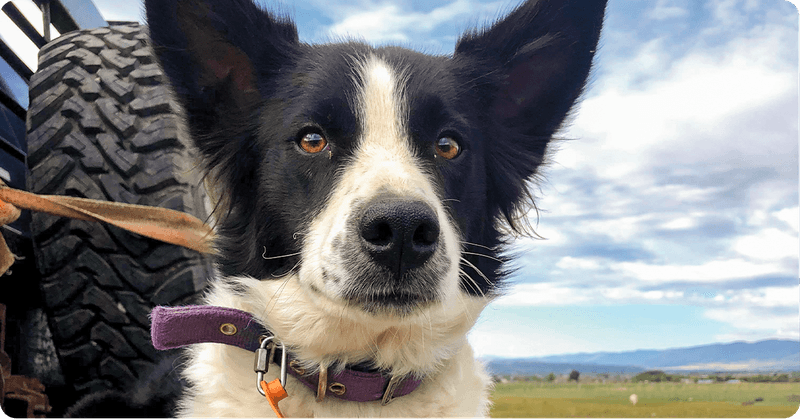
Farmers often refer to their Border Collies as their “right-hand men” rather than pets. These brilliant dogs learn every animal’s personality and can sense when something’s amiss before humans notice.
Many farm families include their collies in family photos and celebrations. Some even have their own chairs at the kitchen table! With exceptional problem-solving abilities, they’re true working partners who earn their place in the family circle.
9. Sheep: Wooly Individuals With Family Status
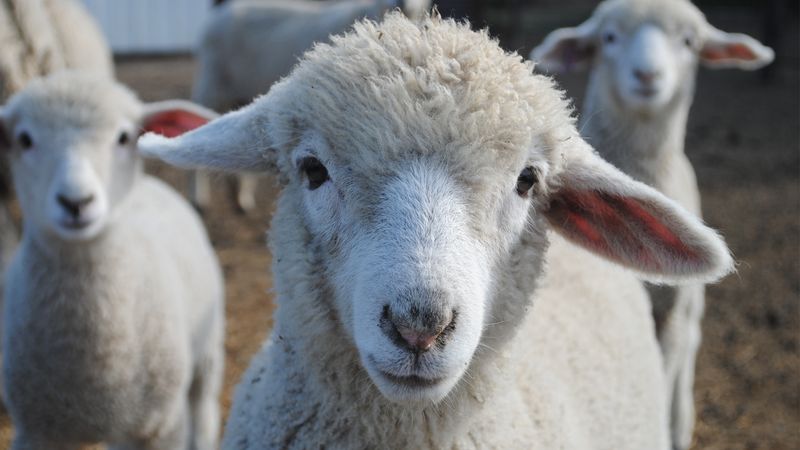
Certain sheep transcend their flock mentality to form individual relationships with farm families. These special ewes or rams often earn names and preferential treatment based on their distinctive personalities or markings.
Rural children frequently bond with bottle-fed lambs who follow them like devoted puppies. Some farming traditions include keeping elderly sheep long past their productive years out of affection and respect. Many rural families can tell stories of sheep who’ve recognized family members after long absences.
10. Rabbits: From Hutch To Hearth In Rural Homes
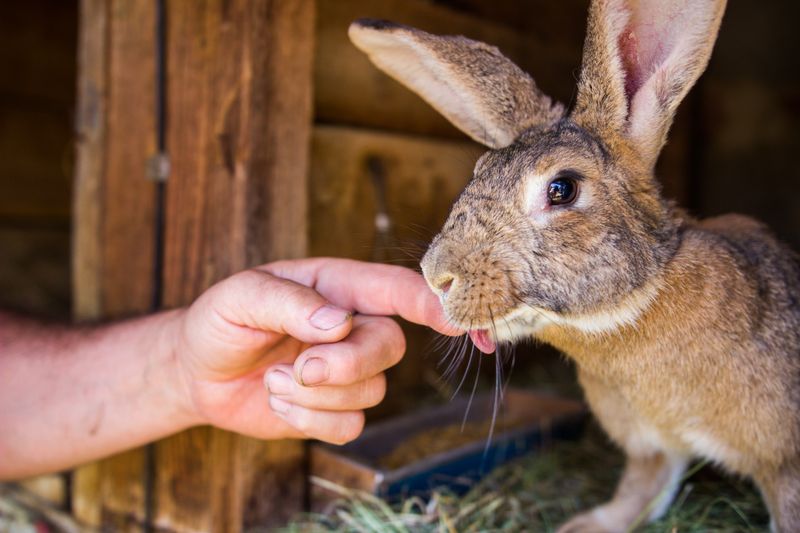
Farm rabbits often hop the line between livestock and beloved pets. While raised for practical purposes, certain rabbits charm their way into family member status through their gentle nature and individual personalities.
Rural children name their favorite rabbits and spend hours socializing with them. Some traditional farming families bring special rabbits inside during extreme weather or illness. Their soft presence provides comfort during difficult times, creating bonds that transcend their utilitarian purpose.
11. Oxen: Ancient Partnerships Built On Trust
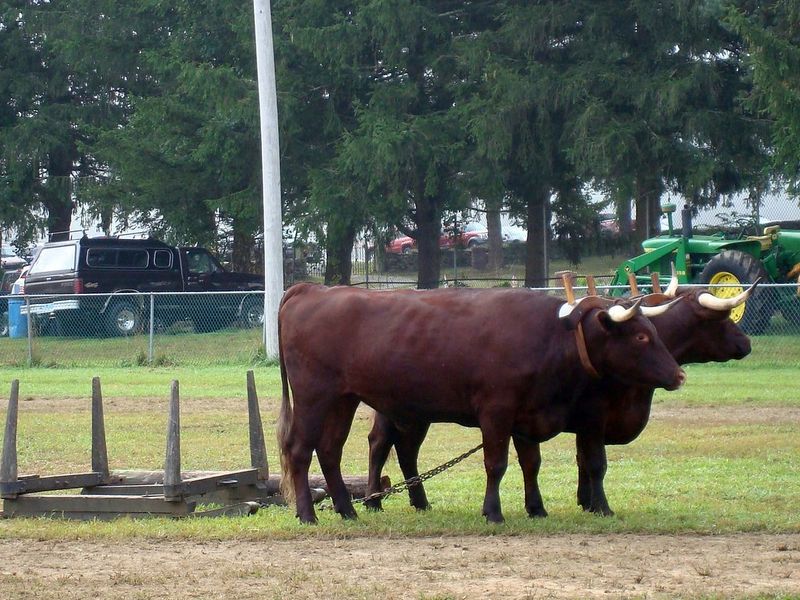
The relationship between farmers and their oxen represents one of agriculture’s oldest family bonds. These massive animals respond to voice commands and gentle touches, creating partnerships based on mutual trust and respect.
Traditional farming families often name their oxen pairs and speak of them as extensions of the family’s strength. Children grow up alongside these gentle giants, learning the family’s commands and handling techniques. Many rural communities celebrate oxen through special events that honor this ancient relationship.
12. Guinea Fowl: Noisy Guardians With Personality
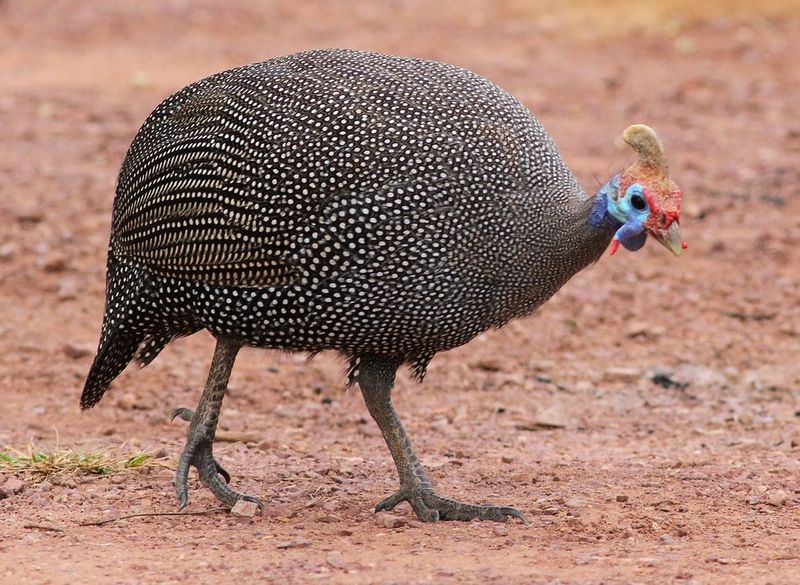
Farm families value guinea fowl for their watchdog abilities and pest control, but many develop unexpected attachments to these distinctive birds. Their comical appearance and vocalizations often make them farmyard favorites.
Some traditional farms tell stories of guineas who alert families to unexpected visitors or predators. Their loyalty to their home territory makes them reliable guardians who earn their place in the family structure.
13. Ducks: Waddling Their Way Into Hearts
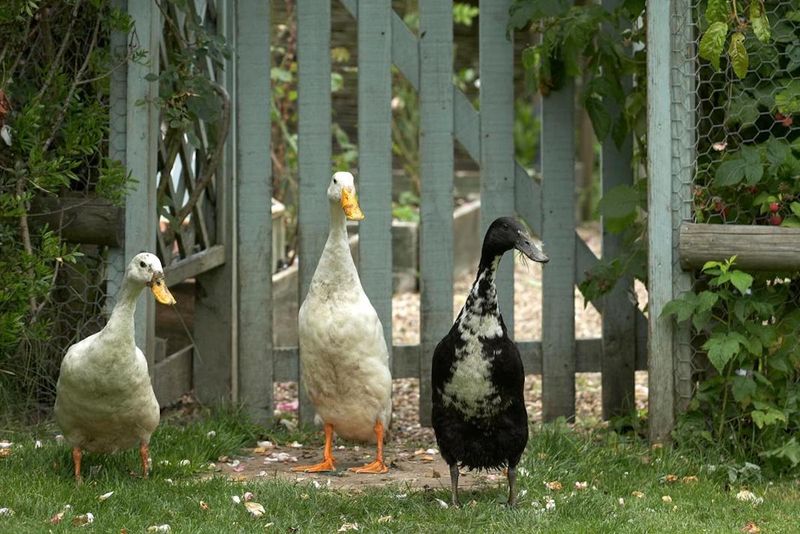
Farm ducks often establish themselves as personality-filled family members beyond their egg-laying duties. Their comical waddles and expressive quacks bring daily joy to rural households.
Some farm families share stories of ducks who prefer human company to their own kind. Their surprising intelligence allows them to recognize family members and respond to their names, cementing their status as more than just livestock.

